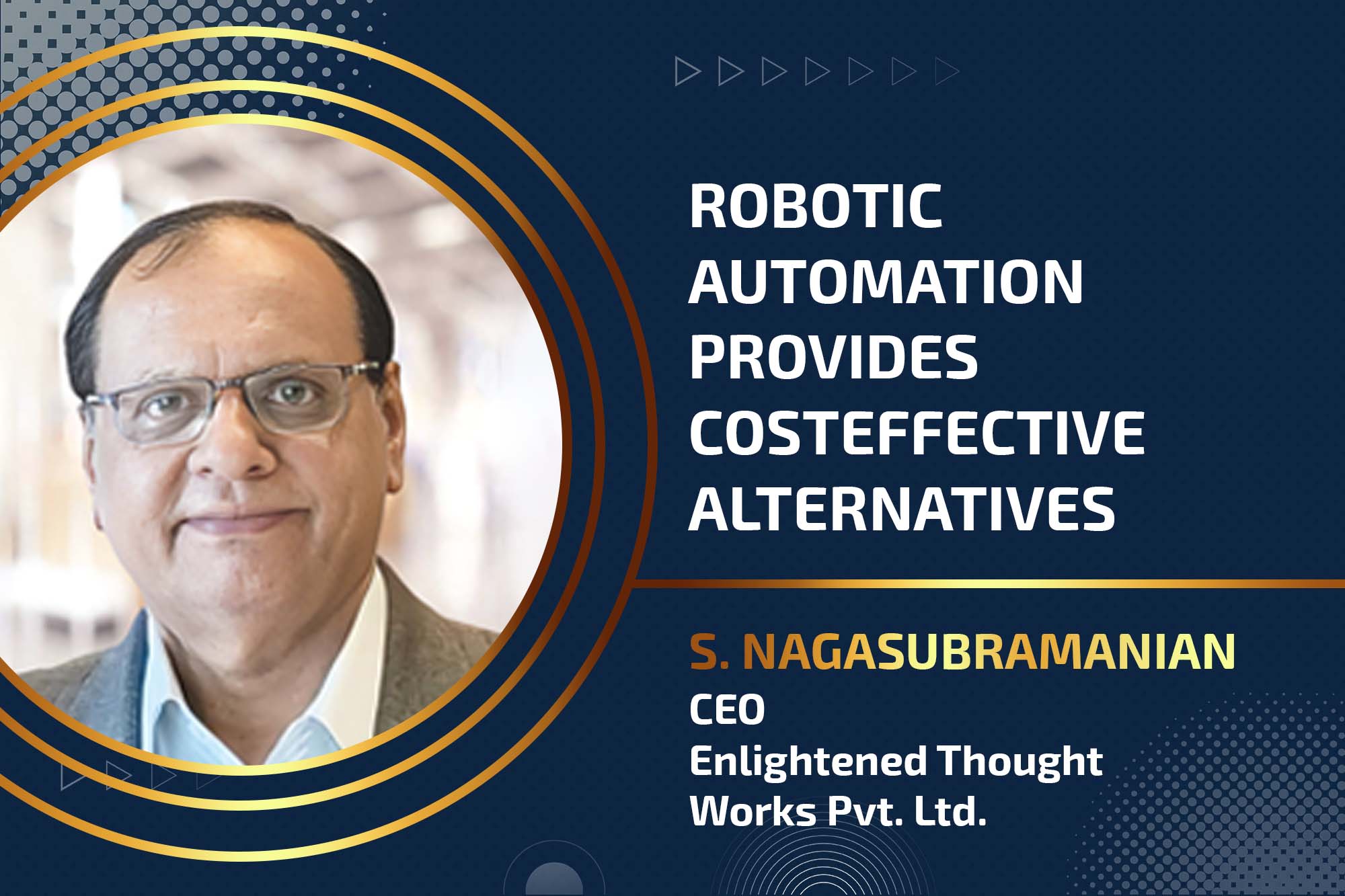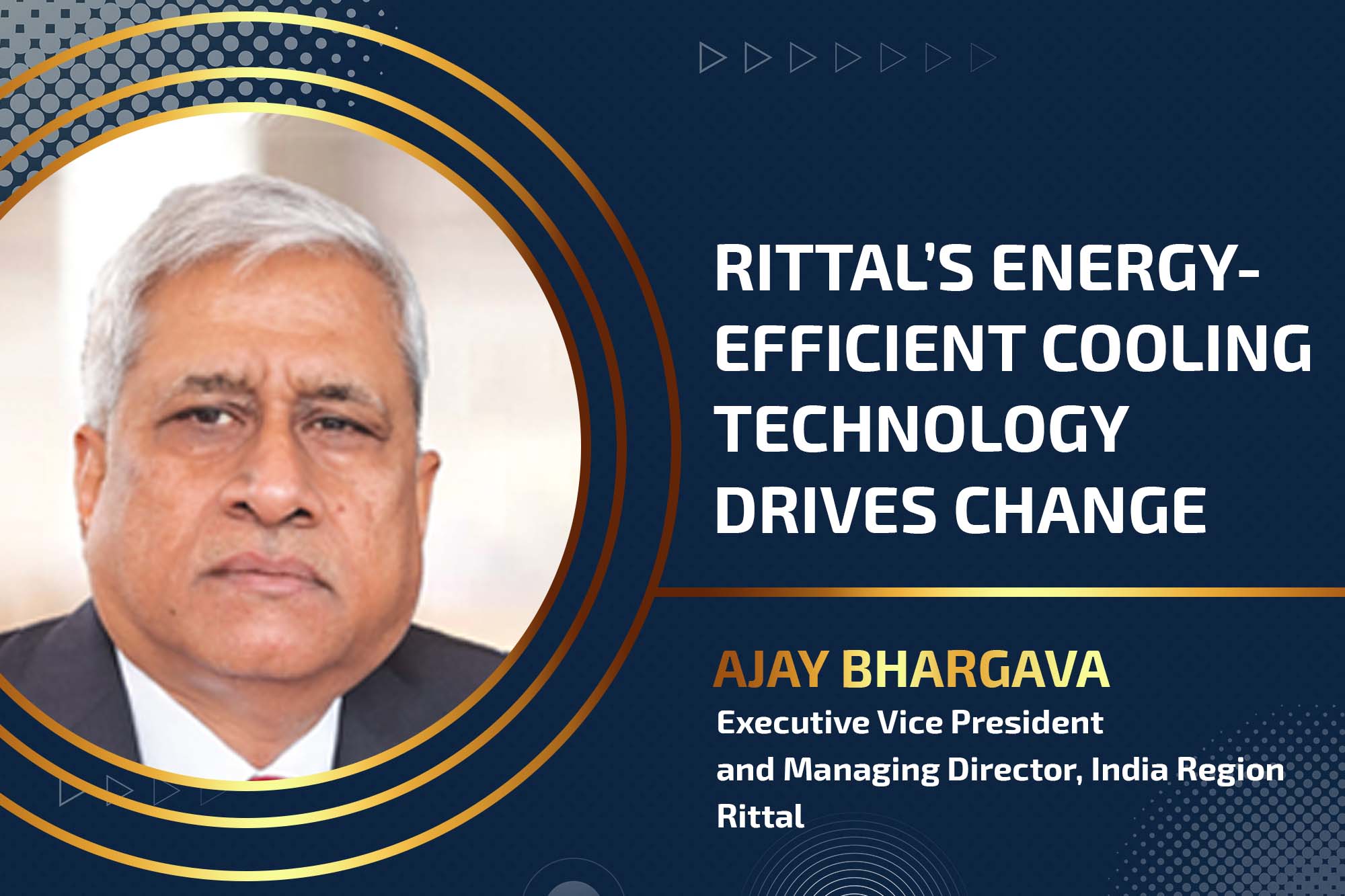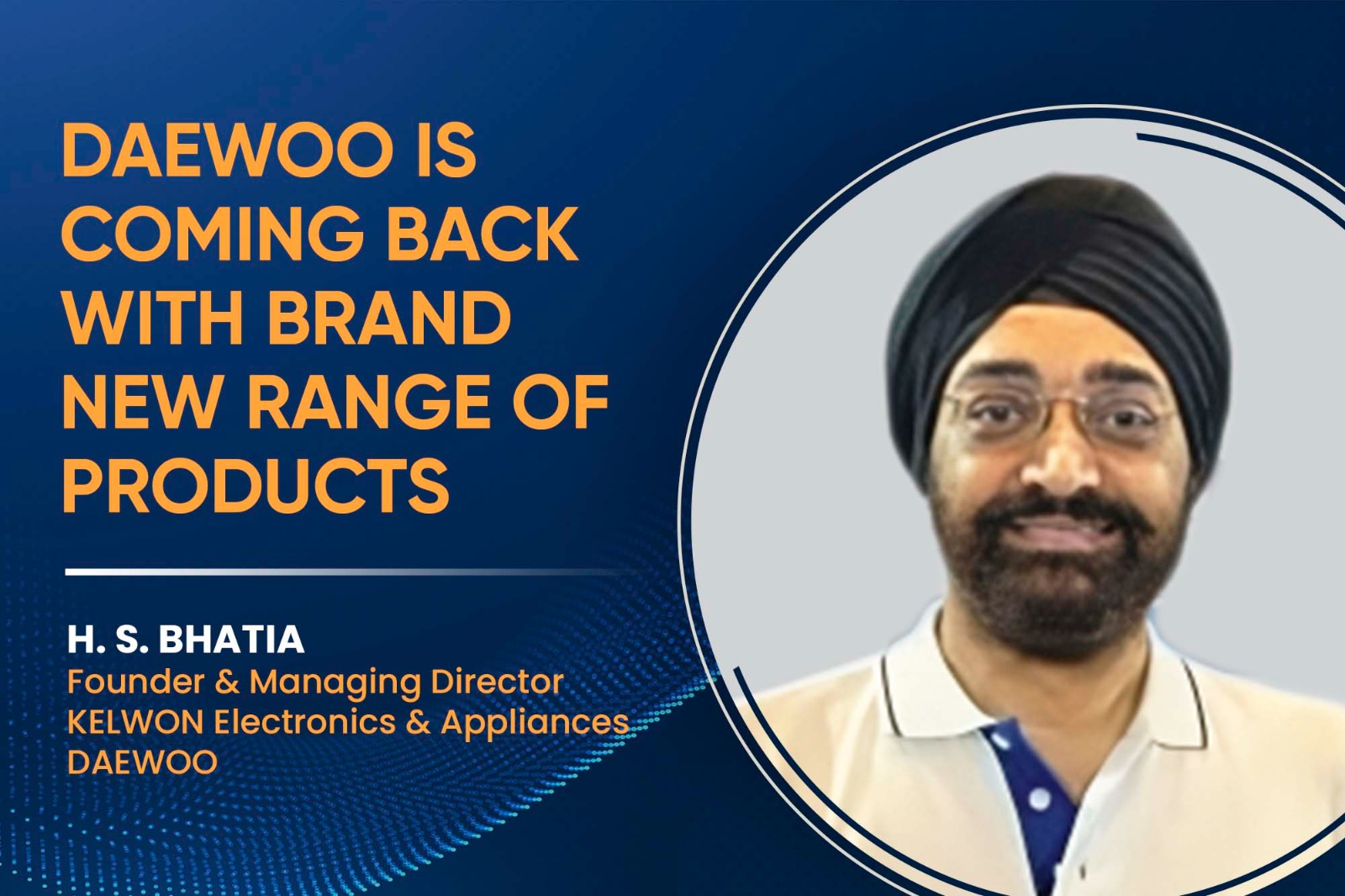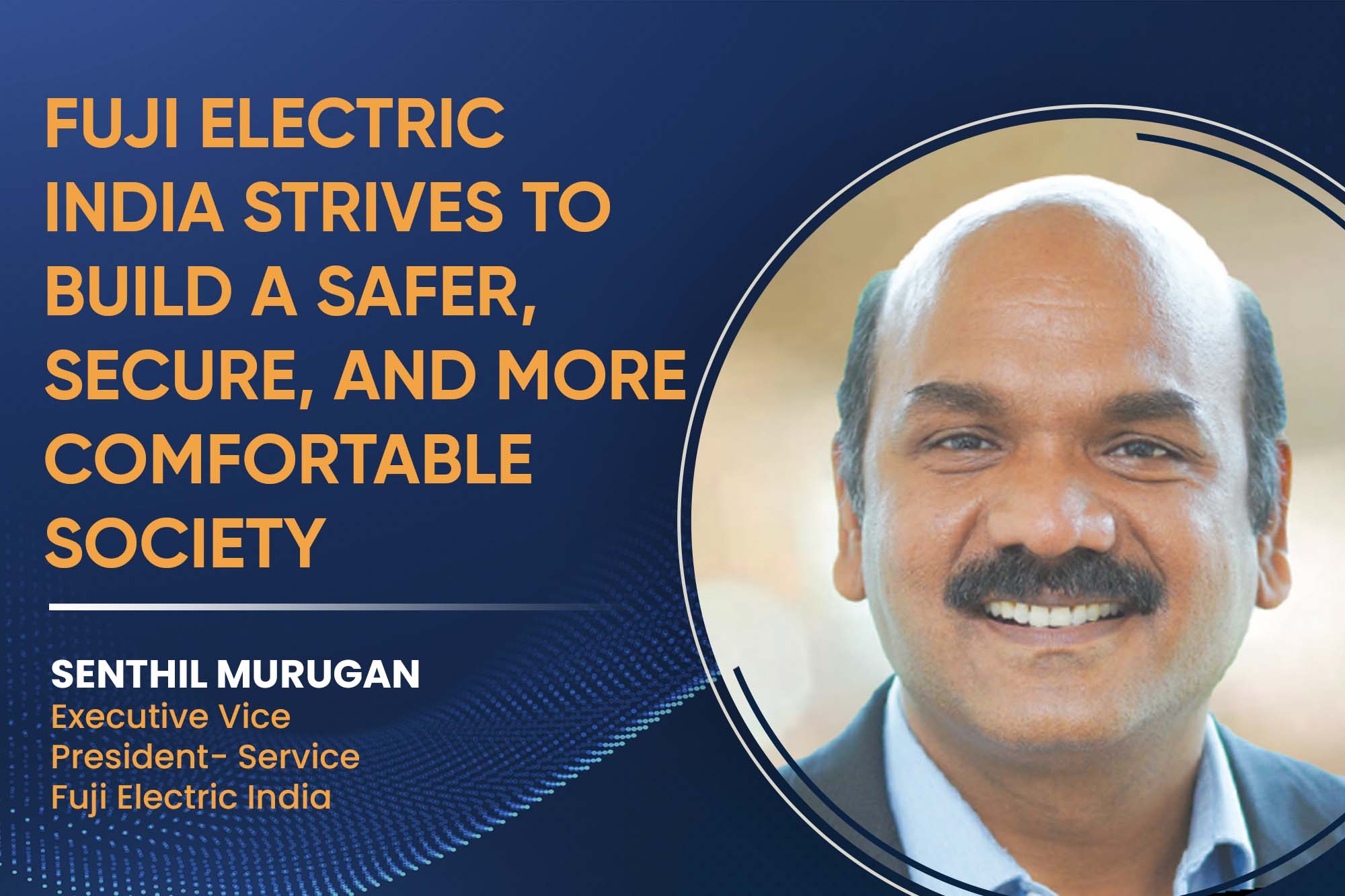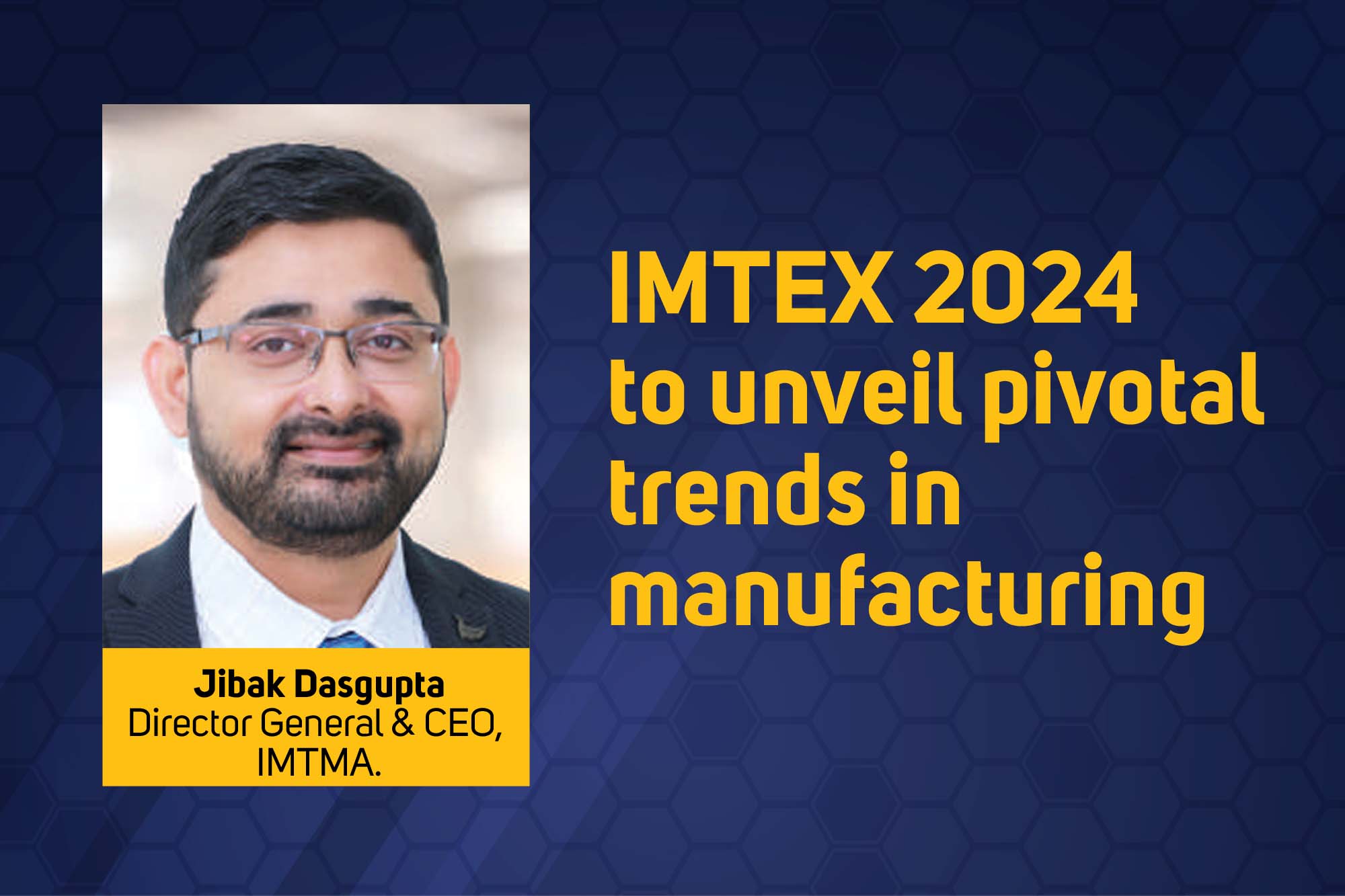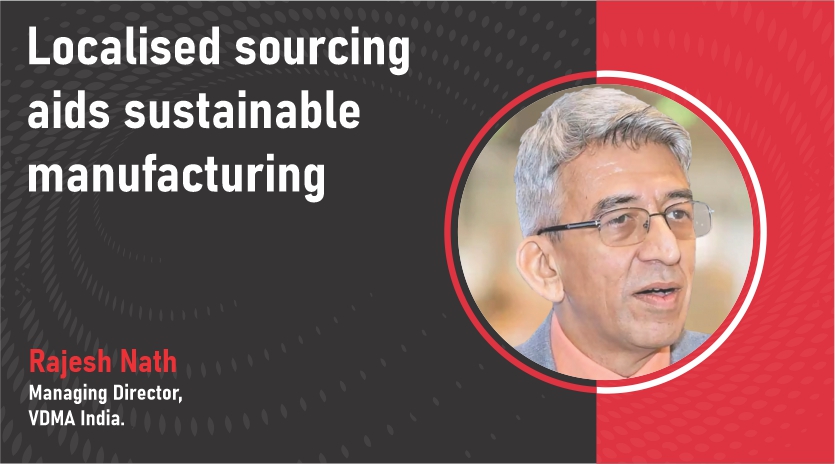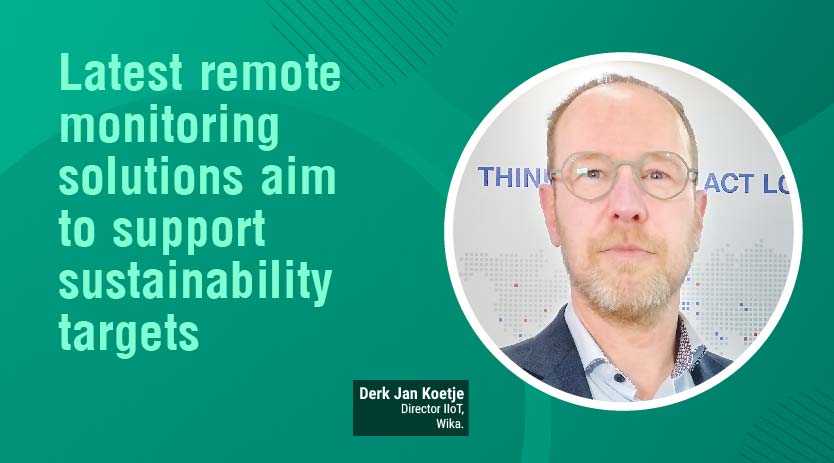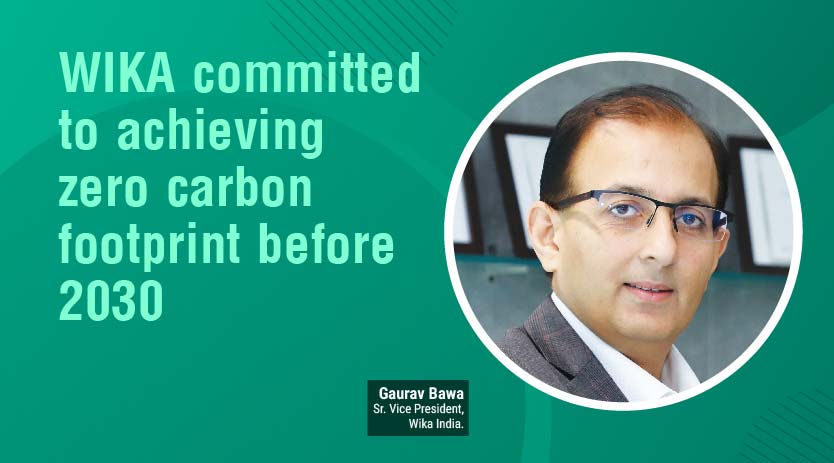Volvo Penta dreams big in India
By OEM Update Editorial June 29, 2017 5:58 pm IST
There is the increasing demand for upgraded equipment that will help transforming India economically and environmentally in a sustainable way.
Peter Hertinge, Senior Vice President – Global Operations and Quality, Volvo Penta
Volvo Penta has recently started production of its 5- and 8-litre industrial engines in India, at the VE Powertrain (VEPT) plant in Pithampur. Present at the occasion, Peter Hertinge, Senior Vice President – Global Operations and Quality, Volvo Penta;
Giorgio Paris, President – Emerging Markets and Asia Pacific (EM&APAC), Volvo Penta; and Jonas Nilsson, Head of Volvo Penta in India speak to Subhajit Roy. Excerpt:
Last year, you announced for localisation of Volvo Penta engines in India and now you are ready. How do you look at this achievement?
Peter: We have announced our commitment to produce 5- and 8-litre industrial engines from VE Powertrain (VEPT) plant in Pithampur during June last year. Everything has gone according to our plan in completing this fantastic project and finally we are ready to supply premium quality engines made in India, for Indian customers. The new production line will enable us to cut down lead times and logistics costs extensively as compared to sourcing them from France.
Is there a kind of shift in your strategy post the Supreme Court’s decision on BS-III vehicles?
Jonas: Not really! In India, on the off-road side, the government legislation in terms of emission norms remains intact though there has been a change on the on-road legislation which was also planned in advance.
Which are the engines you are going to deliver from here?
Jonas: This plant will produce Stage II and Stage III versions of our 5- and 8-litre engines. Certified for Bharat Stage III emissions standards, the ranges can be used for a variety of applications such as construction equipment, agricultural and forestry machinery, crushers and screeners, pumps and cranes.
What is the volume you are initially looking at?
Peter: The volume will depend on how the Indian market responds to our offering. Today we are in the market for imported premium engines which is relatively smaller in relation to the total mass market in India. Hereon, our intention is to grow the share of premium products in the market and we are confident of doing that as India is transforming. Operators are shifting their mindset to increasing profitability with reduced total cost of ownership. Contractors are facing challenges to deliver projects within stricter deadlines. So there is the increasing demand for upgraded equipment that will help transforming India economically and environmentally in a sustainable way. Volvo Penta is here to be a part of this journey by contributing with our new manufacturing plant.
Peter, how the Indian market is different from the others?
Peter: Having production units in Brazil, North America, France, Sweden, India and China, we are already a global company. We are building our factories with global processes and global suppliers are supporting us. So from the production and logistics point of view, we do not see any difference. However, I think, the difference is much more on the commercial side as the end customers have started thinking of total life-cycle cost.
Are you satisfied with the quality of engines being produced from the new plant?
Peter: Though we are producing premium quality engines for Indian customers from our Pithampur product line, we maintain the ‘one quality standard’ across the globe with global specifications.
Giorgio, how localisation of your engine production will help OEMs in India?
Giorgio: The OEMs in India can take advantage of our high quality and technologically advanced products, for an increasing number of applications. We provide global aftermarket support which helps OEMs to manufacture and trade in both the domestic and export markets.
Jonas: The market for premium products is relatively small in India as compared with the total mass market. We are of course gearing up to meet the specific demands of our existing customers and creating awareness within the much wider customer base. Further, apart from interacting with OEM customers, we are reaching out to the operators to explain them about the fuel efficiency of our engines and what impact it will have for their businesses.
Are you working on increasing your touch points?
Jonas: As of now, we have around 85 touch points across India for providing after market services and we would continue to expand this.
What is the biggest challenge you are facing in India?
Jonas: One of the challenges for Volvo Penta and indeed the India society which we are part of, is that the standards for various off-road applications are not harmonised, As a consequence the industry is deprived of the value proposition we might have created through re-engineering and repowering machines for better fuel efficiency, cost efficiency and eco-friendliness and also lose its export opportunities.
Are you ready for the next level of emission legislation?
Giorgio: Yes, we are! Being a global company, we already have engines and products for the most stringent emissions levels. Whenever the Indian government decides to introduce a new roadmap for emission levels, we have the technology portfolio to meet the requirements. Moreover, the commonality of our engine range platforms enables scalability for future use.
Peter: If we look at the rest of the world, we can see the steps in the emission legislation has come step by step. In our part of the world, sometimes the emission step has been very tough and we had to develop new technologies to meet the demand. However, for the Indian government, it becomes quite easy to look at new steps in the emission legislation as the technology is already available in the global markets. Our D5 and D8 engines which are available in Indian market are ready for Bharat Stage III. If an OEM wants to produce their machines with a higher emission version like Bharat Stage IV, we can re-engineer our engines to suit their requirements.
What will be your target sectors?
Jonas: We will continue to work in raw material extraction and material handling equipment segments across mining, ports and construction machinery sectors.
Who all are the major OEMs have expressed in your new products?
Jonas: We have long standing associations with a few OEMs in India and also in dialogue with most of the OEMs who need 5- and 8-litre engines that have 105 to 235 kw power output.
What sort of value propositions you offer to your customers?
Jonas: We consider our customers as partners. So we don’t just sell them a product, rather we engage in a discussion about their needs and how they can achieve optimum benefits from a product sourced from Volvo Penta. We engage with them in the development process with our application engineers to make sure that the installation is properly done.
Also, in many cases, fuel consumption accounts to 95 per cent of the total cost of ownership. Our products are designed to deliver greater degree of fuel efficiency with fuel savings of up to 15 per cent. This gives huge economical benefits to the end consumers who operate their equipment for longer time.
Reliability of a machine comes with a reliability engine that can do the job without any breakdown. Further, if there is any mishap, Volvo Penta appears as a reliable partner to back that up with services and parts. So these are some of the value proposition that we have.
Cookie Consent
We use cookies to personalize your experience. By continuing to visit this website you agree to our Terms & Conditions, Privacy Policy and Cookie Policy.




